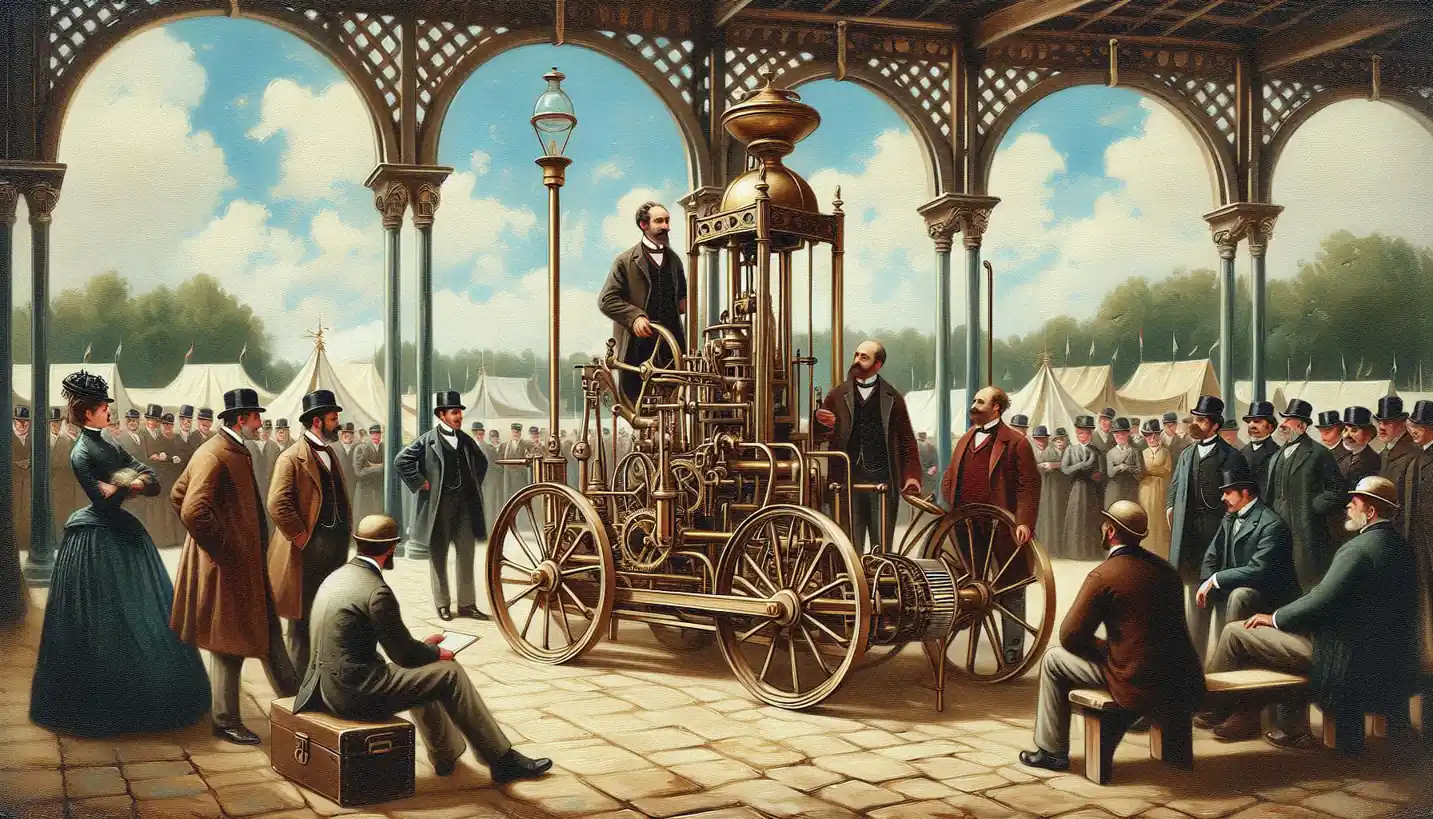· History · 2 min read
Haymarket Affair: Echoes of a Movement in Labor History
The Haymarket Affair was a pivotal moment in labor history, sparking worldwide attention. Discover how this event continues to influence modern labor rights.

The Haymarket Affair, a pivotal event in labor history, took place in Chicago in 1886. It was a time when workers were boldly rising to voice their demands for better working conditions and fairer wages. Picture the scene: thousands of people gathering in Haymarket Square, driven by a shared desire for an eight-hour workday, something we often take for granted today.
This gathering, however, took a tumultuous turn. But let’s rewind a bit to understand the backdrop. During the late 19th century, industrialization was in full swing. Factories were bustling, but at the cost of workers enduring grueling 10 to 16-hour shifts in often dangerous conditions. The labor movement was gaining momentum as workers organized to demand their rights. Amidst this growing tension, the Haymarket rally on May 4, 1886, was a direct response to police violence against strikers the previous day.
As the rally proceeded peacefully, a bomb was thrown into the police line, causing chaos. The police responded with gunfire. This tragic event resulted in several deaths and injuries. The identity of the bomb thrower remains a mystery, but the incident marked a turning point, heightening fear and mistrust between workers and authorities.
Authorities quickly cracked down, arresting eight anarchists, even though evidence linking them to the bombing was scant. The subsequent trial was highly controversial, widely criticized for its lack of fairness. Ultimately


